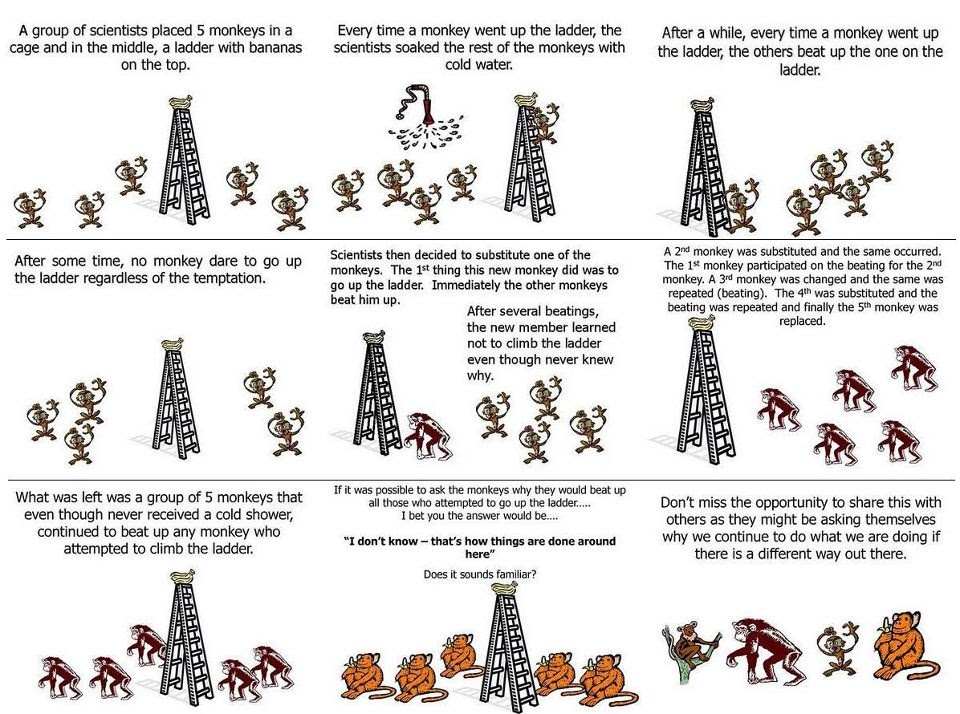
Forced remote working/studying – a blessing in disguise?
For the last 6 months, many people around the world have been forced into working or studying from home. As was explained in a recent webinar with Jason Fried on remote working, this is very different from normal remote working or online studying that has been around for many years, or that we might be used to. Planning remote working practices or online education is a whole other scenario from being forced into it.
The Corona crisis has meant that many businesses, where possible, have had to ask – or directed in most cases – their employees to work from home. As for students, education is being provided online through various virtual portals such as Zoom, MS Teams, Moodle learning platforms, etc. For many this has meant an abrupt and somewhat painful or difficult progression into the virtual environment and all of the challenges therein.
Many businesses have lost the tentative control they nominally had over employees at the workplace, where “being in the office” usually meant work was done in a controlled and supervised environment, and that comings and goings were monitored. The shift to a virtual landscape of occasional meetings and “getting the work done”, puts the employee in control, of what, when and how, that work is carried out – within the constraint of deadlines, etc. This is no bad thing, as it can result in more creativity and a shift in responsibility, allowing the employee more freedom in decision making related to their work. However, one must also consider the work-life balance, as moving the office to the home can have a dramatic impact on the rest of the family. Can we really turn our homes into remote offices/classrooms, with each member of the family unit having to establish their own physical working space on a daily basis? One would argue this is already the case in many homes, with boundaries being drawn on “own time and space”.
There have also been reports of less work being carried out, late starts and early finishes, and even a rise in alcohol consumption during the working day. This could all of course have a detrimental effect on business operations. Indeed, in a recent news report, the Chairman of Netflix has been quoted as saying there are no benefits for having employees working from home and that creativity suffers, although he is also said to have gone on explaining that their employees may in future continue to work partly from home.
However negative the picture may have been painted, many other global companies seem to have really embraced the forced conditions, and intend to continue, even encourage, working from home for employees as things seem to have worked out better for them. I wonder what shift we might see in corporate headquarters?
We are certainly seeing less pollution of the environment through the reduction of commuter traffic in many cities, with much less congestion. Are our cities going to slowly become greener places? That would certainly be a blessing. In addition to this, more and more people have started taking exercise – ironically, for many it was the lockdowns that forced them out to exercise, as it was the only excuse to be outside – and many people have taken up cycling or started using bicycles more due to the reduction and restrictions in public transport – that’s no bad thing either.
What of students and forced studying online, for example in higher education? It seems those students continuing their already started studies are hardest hit, missing the social life that comes with being a student, and no longer meeting up with friends on campus. On top of this, they suddenly might have to quickly learn new systems and software, and get used to an unfamiliar way of studying. This puts extra pressure with having to learn not only a new subject, but possibly also a totally new system such as for dealing with assignments, exams and accessing reading material. Added to that the demands for a stable and efficient Internet connection for live sessions, let alone a quiet place to study, and suddenly studying remotely seems a less than promising future. On the other hand, from my experience, is seems that first year students have fully embraced the current situation, as for them this is all new and so the attitude is “this is the ways things are done”.

It would seem then, that we need to think of this current forced change in our work and study lives, to be a chance to re-asses where, how, and when we work or study. We should be ready to embrace these kinds of changes as often they lead to new creativity and innovation. We must also remember that this is, hopefully, a temporary situation, but one we can learn a lot from. We are already seeing the traditional working place being abandoned in favour of something more relaxed with just as much – if not more – efficiency at work. It’s not a perfect situation at the moment, and we don’t necessarily have perfect solutions, but surely this could be used as a wake-up call for us to shake off traditional ways of doing things, embrace new technology, and move on to new and innovative ways of working for the future.
So could forced remote working really be a blessing in disguise?
- IBSEN meeting November 2025 – Split, Croatia - 12th December 2025
- Wondering where to get lunch in Kouvola town? - 5th December 2025
- IBSEN Realgame – an international ERP/SCM experience for students - 28th November 2025
